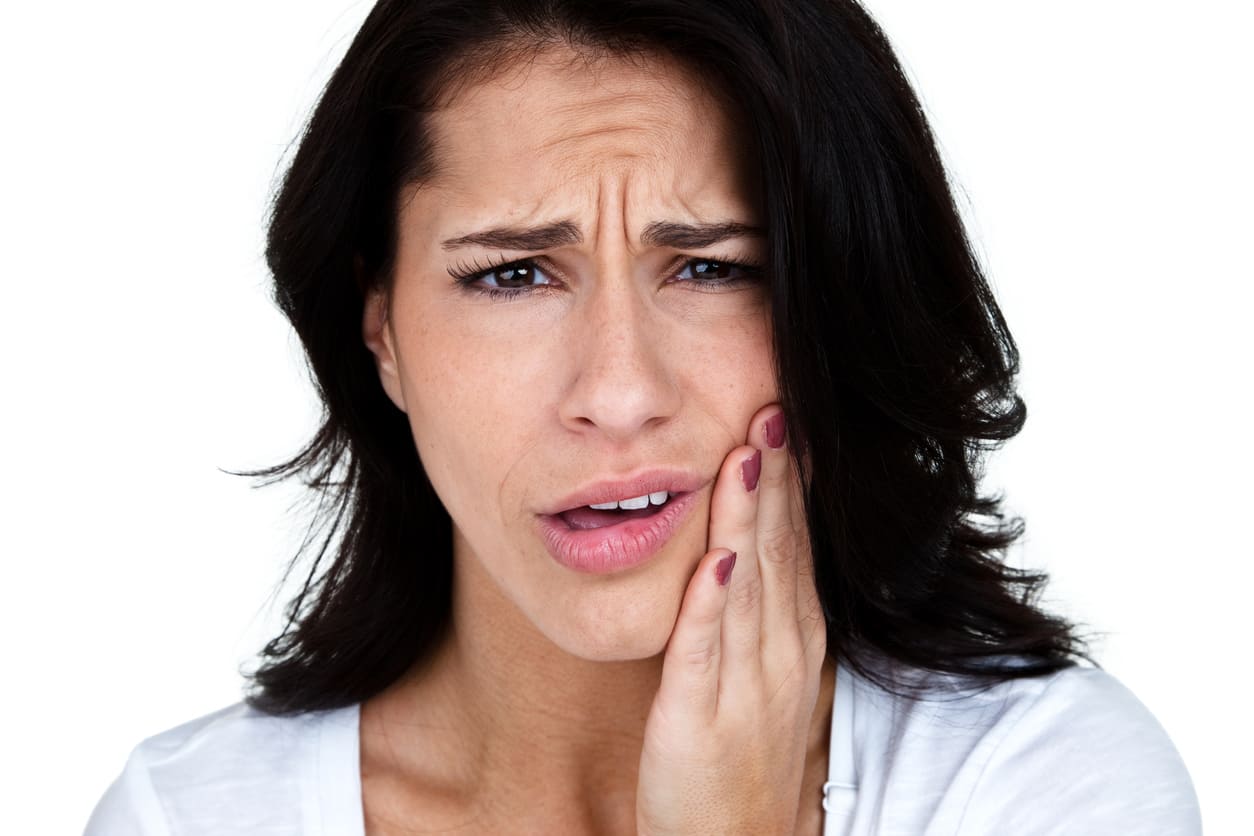
Glossodynia, also known as burning mouth syndrome, is a condition that causes a burning sensation on the tongue, lips, gums, or other areas of the mouth. What causes glossodynia? The exact cause remains unknown, but several factors might contribute, including nutritional deficiencies, hormonal changes, allergies, dry mouth, and certain medications. Stress and anxiety can also play a role. Symptoms often include a burning or scalding feeling, dry mouth, and altered taste. Treatments vary and may involve addressing underlying conditions, using saliva substitutes, or taking medications to manage pain. Understanding glossodynia can help those affected find relief and improve their quality of life.
Key Takeaways:
- Glossodynia, or burning mouth syndrome, affects mainly middle-aged women and can cause constant or intermittent burning sensation in the mouth, often accompanied by dry mouth and anxiety.
- While there's no definitive cure for glossodynia, treatments like topical pain relievers, antidepressants, and cognitive-behavioral therapy can help manage symptoms and improve quality of life.
What is Glossodynia?
Glossodynia, also known as burning mouth syndrome, is a condition characterized by a burning sensation in the mouth. This can affect the tongue, lips, gums, or other areas. Let's dive into some fascinating facts about this condition.
- Glossodynia primarily affects middle-aged and older women.
- Symptoms can appear suddenly or develop gradually over time.
- The burning sensation can be constant or intermittent.
- Some people experience a metallic or bitter taste.
- Dry mouth often accompanies glossodynia.
- Anxiety and depression are common in those with glossodynia.
- The exact cause of glossodynia is unknown.
- Hormonal changes, especially during menopause, may trigger symptoms.
- Nutritional deficiencies, such as low levels of vitamin B12, iron, and folate, can contribute.
- Allergies to dental materials or certain foods might play a role.
Symptoms and Diagnosis
Understanding the symptoms and how glossodynia is diagnosed can help in managing the condition better.
- Pain usually worsens as the day progresses.
- Eating or drinking may temporarily relieve the burning sensation.
- Glossodynia can lead to difficulty sleeping.
- A thorough oral examination is essential for diagnosis.
- Blood tests can help identify nutritional deficiencies.
- Allergy tests might be conducted to rule out reactions.
- Salivary gland function tests can determine if dry mouth is a factor.
- Psychological evaluations may be necessary to assess anxiety or depression.
- Sometimes, a biopsy of the oral tissue is performed.
- Diagnosis often involves ruling out other conditions like oral infections or diabetes.
Treatment Options
While there is no definitive cure, various treatments can help manage the symptoms of glossodynia.
- Topical pain relievers can provide temporary relief.
- Oral rinses with anesthetics might be prescribed.
- Antidepressants and anticonvulsants are sometimes used to manage pain.
- Cognitive-behavioral therapy can help address anxiety and depression.
- Nutritional supplements may be recommended to address deficiencies.
- Avoiding spicy, acidic, or hot foods can reduce irritation.
- Good oral hygiene practices are crucial.
- Drinking plenty of water helps keep the mouth moist.
- Saliva substitutes can be beneficial for those with dry mouth.
- Regular dental check-ups are important for monitoring the condition.
Impact on Daily Life
Glossodynia can significantly affect a person's quality of life. Here are some ways it impacts daily activities.
- Eating can become a painful experience.
- Speaking may be uncomfortable or difficult.
- Social interactions might be limited due to discomfort.
- The constant pain can lead to irritability and mood swings.
- Work performance may suffer due to distraction from pain.
- Sleep disturbances can result in fatigue and decreased energy levels.
- Enjoyment of food and drink is often diminished.
- Some people may develop a fear of eating certain foods.
- The condition can lead to weight loss due to reduced food intake.
- Emotional well-being is often compromised.
Research and Future Directions
Ongoing research aims to better understand glossodynia and develop more effective treatments.
- Studies are exploring the role of nerve damage in glossodynia.
- Researchers are investigating the potential genetic factors involved.
- New medications are being tested for pain management.
- Advances in neuroimaging techniques are helping to study brain activity related to pain.
- Clinical trials are examining the effectiveness of various therapies.
- Collaboration between dentists, neurologists, and psychologists is increasing.
- Patient support groups are providing valuable insights for researchers.
- Awareness campaigns are helping to educate the public about glossodynia.
- Personalized treatment plans are being developed based on individual patient needs.
- Future research may lead to a better understanding of the underlying causes and more targeted treatments.
Final Thoughts on Glossodynia
Glossodynia, or burning mouth syndrome, affects many people worldwide. Understanding its causes, symptoms, and treatments can make a big difference in managing this condition. From hormonal changes to nutritional deficiencies, various factors can trigger glossodynia. Symptoms often include a burning sensation on the tongue, lips, or entire mouth, making daily activities like eating and speaking challenging.
Effective treatments range from lifestyle changes to medications. Staying hydrated, avoiding irritants like tobacco and spicy foods, and managing stress can help alleviate symptoms. Consulting a healthcare professional for personalized advice is crucial for anyone experiencing persistent mouth pain.
Awareness and knowledge about glossodynia empower individuals to seek appropriate care and improve their quality of life. If you or someone you know struggles with this condition, don't hesitate to explore treatment options and find relief.
Frequently Asked Questions
Was this page helpful?
Our commitment to delivering trustworthy and engaging content is at the heart of what we do. Each fact on our site is contributed by real users like you, bringing a wealth of diverse insights and information. To ensure the highest standards of accuracy and reliability, our dedicated editors meticulously review each submission. This process guarantees that the facts we share are not only fascinating but also credible. Trust in our commitment to quality and authenticity as you explore and learn with us.
